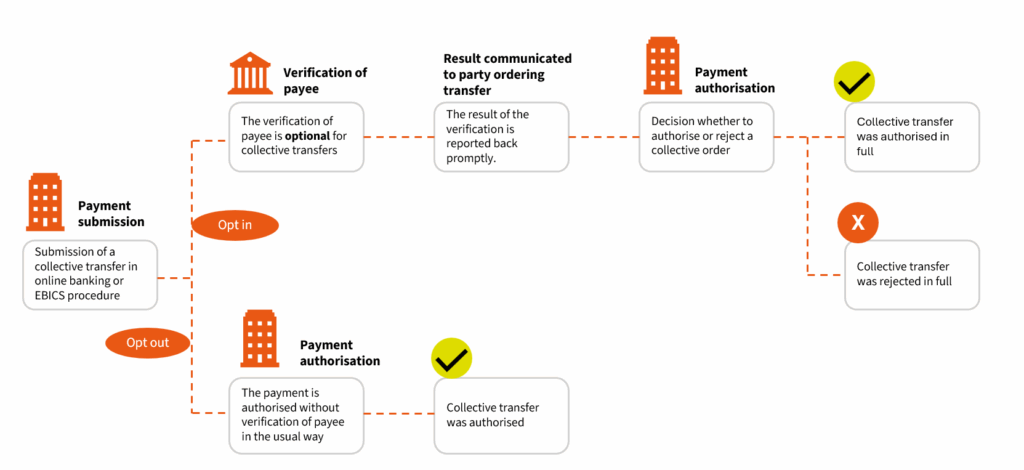Landesbank Saar
Ursulinenstraße 2
66111 Saarbrücken
Postfachadresse
66104 Saarbrücken
Telefon: 0681 383-01
Telefax: 0681 383-1200
E-Mail: info@saarlb.de
LBS
Landesbausparkasse Saar
Beethovenstraße 35-39
66111 Saarbrücken
PO box: Postfach 10 19 62
66019 Saarbrücken
Phone: +49 681 383-02
Telefax: +49 681 383-2100
E-Mail: service@lbs-saar.de
www.lbs.de
Landesbank Saar
Vertriebsbüro Mannheim
Willy-Brandt-Platz 5-7
68161 Mannheim
Telefon: 0621 124769-10
E-Mail: info@saarlb.de
Landesbank Saar
Vertriebsbüro Trier
Nikolaus-Koch-Platz 4
54290 Trier
Telefon: 0651 9946-6138
E-Mail: info@saarlb.de
Landesbank Saar
Vertriebsbüro Koblenz
Peter-Kläckner-Straße 5
56073 Koblenz
Telefon: 0261 952-18461
E-Mail: info@saarlb.de
SaarLB France
Succursale de la Landesbank Saar
Résidence Le Premium
17-19, rue du Fossé des Treize
67000 Strasbourg Cédex
Frankreich
Telefon: +33 3 88 3758-70
Telefax: +33 3 88 3693-78
E-Mail: info@saarlb.fr
SaarLB France
Centre d’affaires
203, rue du Faubourg Saint Honoré
75008 Paris
Frankreich
Telefon: +33 1 45 6363-52
Telefax: +33 1 45 6371-22
E-Mail: info@saarlb.fr






